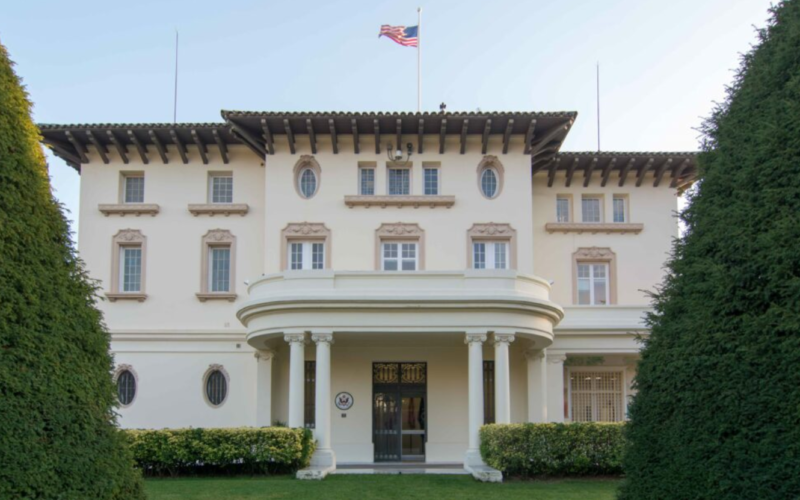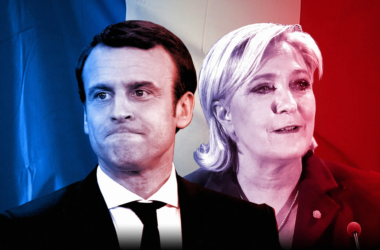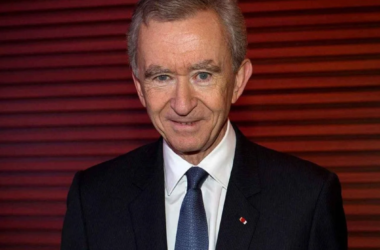In a surprising development, Spain has reportedly expelled at least two U.S. embassy staff members on allegations of bribing Spanish intelligence officers for classified information, according to El Pais, a Spanish newspaper, citing government sources. While the identities and positions of the embassy personnel remain undisclosed, the incident has raised concerns about the potential strain on diplomatic relations between the two allies.
The expulsion reportedly followed a discreet investigation, revealing that two Spanish intelligence officers were involved in providing sensitive information in exchange for a substantial sum of money. El Pais suggested that more than two U.S. individuals, colloquially referred to as “spies,” may have been implicated in the scandal, relying on information from unidentified government sources.
The Spanish intelligence officers involved, described as a chief of an area and an assistant, were reportedly apprehended two months ago. The case details were subsequently classified by a court order, maintaining a level of secrecy. The U.S. Ambassador to Spain, Julissa Reynoso, was reportedly unaware of the situation when summoned by Spanish authorities. Following the revelation, Washington complied with Spain’s defense and foreign ministries’ request to withdraw the two U.S. embassy staff members.
While the U.S. official in Spain, Julissa Reynoso, refrained from commenting on the matter, the Spanish Foreign Ministry, the top court, the Spanish intelligence agency (CNI), and the Defence Ministry have not provided official statements, leaving the situation surrounded by uncertainty.
El Pais characterized the incident as a grave matter, emphasizing the seriousness of recruiting secret agents from a host nation to betray their own country. Such actions are considered openly hostile and typically associated with adversarial governments rather than allies. The potential implications of this espionage scandal on U.S.-Spain relations and intelligence-sharing agreements are yet to be fully understood. The case underscores the sensitivity of intelligence matters and the need for discretion and trust among nations considered allies in the global arena.








